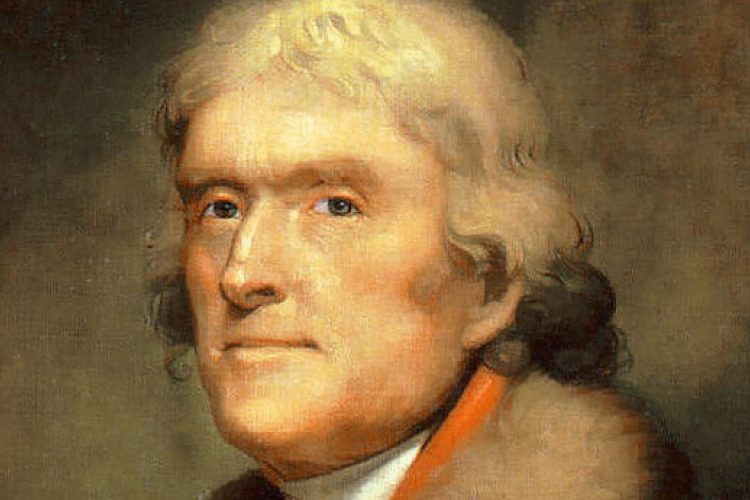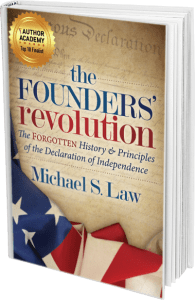In the incredible writings of Thomas Jefferson, particularly his most well-known work, the Declaration of Independence, we find the purpose of government. Jefferson wrote that the unalienable rights of all men, who are created equal and “endowed by their Creator” are life, liberty and the pursuit of happiness, or property. Furthermore, he wrote “Governments are instituted among Men, deriving their just powers from the consent of the governed.” This is vital to understanding the proper role of government.
The just powers of government are those derived from the consent of the governed. If government did not exist, do individual have the right to protect their lives, their liberty and the property that they have accumulated by their labors? Naturally, this is true. Does the individual have the right to take the life, liberty or property of another individual who has done nothing to endanger him? Of course, he does not. To do so would be murder, slavery (taking of liberty), and theft. This leads an individual to be able to discern what the just powers of government are and how government acquire its just powers.
The only power that government may receive, by the consent of the governed, are only those powers that the governed or citizens possess themselves. Individuals possess the right to protect their lives, liberty and property. Therefore, government may derive those powers from the people with their consent. However, the power to take money, property or anything else from one individual and give to another, even if the other needs it is not within the power that is or can be derived by the consent of the governed. In other words, one individual may not take money or other property of another without the other’s permission. Doing so would be theft. A government that acts similarly is similarly acting as a thief. When a government acts this way, its power are unjust. Neither the individual who lost property to government for this purpose would provide the consent to have his property taken without his consent. Neither can the recipient of the property provide consent to take the property from his fellow citizen. Theft by an individual or theft by the collective or government is still theft, regardless of the majority agreeing to the theft.
In short, the only just and proper role of government is to do that which only the individuals themselves may do. A power that one individual may justly do for themselves can be bestowed upon government by consent, but a power that one individual may not justly do for themselves, such as taking from one person to give to either themselves or to another cannot be bestowed upon government. When government acts unjustly the creation (government) becomes greater than the creators (citizens), which should never happen nor be allowed.
Jefferson clearly defined the proper role of government, which is to protect life, liberty and property with the consent of the governed. Only the powers that the governed themselves possess may be bestowed upon government. When government acts outside of those limits, it has become greater than its creator, has usurped authority, and made itself into a tyrannical form of government that citizens should alter or abolish, and “institute new Government, laying its foundation on such principles and organizing its powers in such forma, as to them shall seem most likely to effect their Safety and Happiness.”
We must remain true to the principles that Jefferson so clearly describe in the Declaration of Independence.


